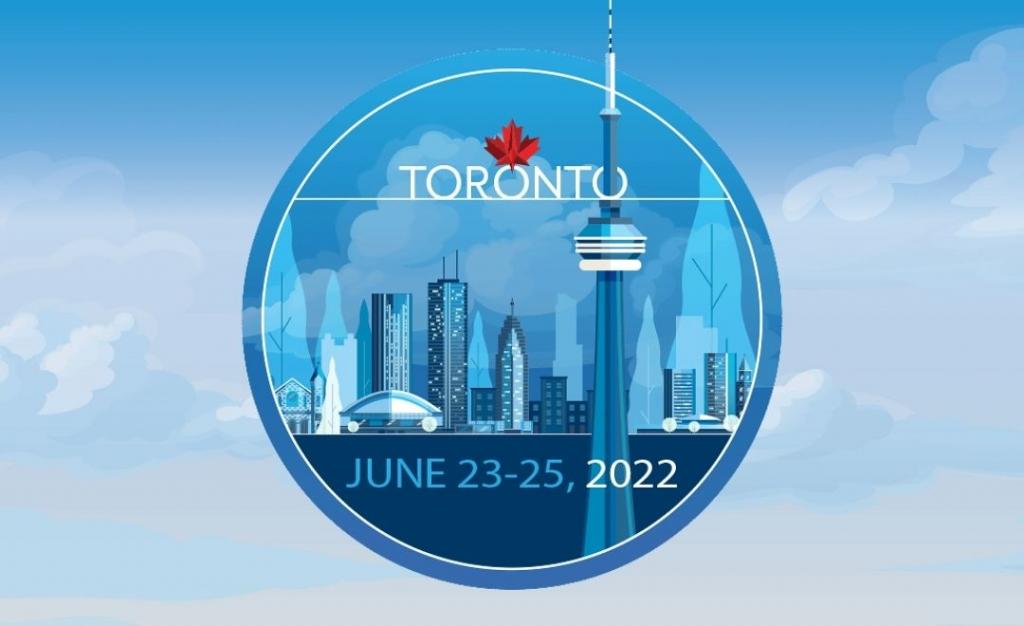
By Chia Jie Tan, Postdoctoral Research Fellow, University of Utah
I was thrilled to have the opportunity to attend the Multinational Association for Supportive Care in Cancer (MASCC) Annual Meeting in June 2022, which was the first in-person conference held by the organization since the COVID-19 pandemic. Dedicated to expanding the practice, education and research in supportive care in cancer, MASCC consists of clinicians and researchers, including pharmacists, from over 70 countries. The annual meeting this year was held at the Westin Harbour Castle Conference Centre, Toronto, which is situated at the downtown waterfront area of the city.
One of the main themes of this year’s annual meeting was healthcare disparities among cancer patients and potential solutions. One of the speakers at the plenary session focused on this theme was Dr Farhad Islami, the Scientific Director who leads the Cancer Disparity Research team at the American Cancer Society. Dr Islami presented data that illustrated the disparities among cancer patients in the United States along the entire cancer treatment trajectory, from the receipt of treatment, management of complications, incidence of financial distress to survival outcomes. Researchers, clinicians and policymakers are attempting to identify the root causes and determinants underlying these disparities to aid the formulation of strategies that can help achieve equity among our cancer patients. Dr Paul Nathan further described how healthcare disparities among patients of childhood cancers can lead to long-term impact as survivors grow into adulthood. As oncology pharmacists who are directly involved in the primary treatment and survivorship care of cancer patients, we are well positioned to understand and participate in measures to reduce healthcare disparities among our patients across different racial, ethnic and socioeconomic groups.
Another theme of the meeting, burnout in oncology, was especially relevant for healthcare professionals in the era of COVID-19, where healthcare demands have soared and healthcare workers face a high risk of infection. Ways to tackle burnout were discussed by fellow clinicians and experts in this topic Dr Fay Hlubocky, Dr Benjamin Corn and Prof Frances Boyle. In addition to providing tips to individual healthcare professionals on how to handle burnout, a common viewpoint was that it is critical for institution leaders to understand that burnout has to be addressed on an organizational level to ensure that healthcare manpower is maintained at a sufficient and healthy level.
Notably, to minimise the potential for COVID-19 spread, infection control measures were in place during the conference. Except in cases of medical exemption, proof of vaccination was required from all delegates. Masking was highly encouraged and hand sanitizers were widely available at the conference venue. To ensure the comfort of all delegates, ribbons to indicate the level of interaction each delegate is comfortable with were available on name tags. The conference organisers also made arrangements for COVID-19 testing at the conference venue for delegates who required them as part of entry requirements to return to their home countries. Moving forward, measures such as these would be expected to be implemented at most conferences to provide a safe and comfortable environment for all participants while allowing critical in-person interactions to facilitate collaboration, the sharing of knowledge and networking.
The next annual meeting of MASCC is expected to be held in the historic city of Nara in Japan, in collaboration with the Japanese Association of Supportive Care in Cancer, focusing on the interdisciplinary nature of supportive care in cancer. Other themes include robotics and digital medicine and the intersection between evidence-based medicine and traditional medicine. It will be an interesting meeting to look forward to in the new year!
